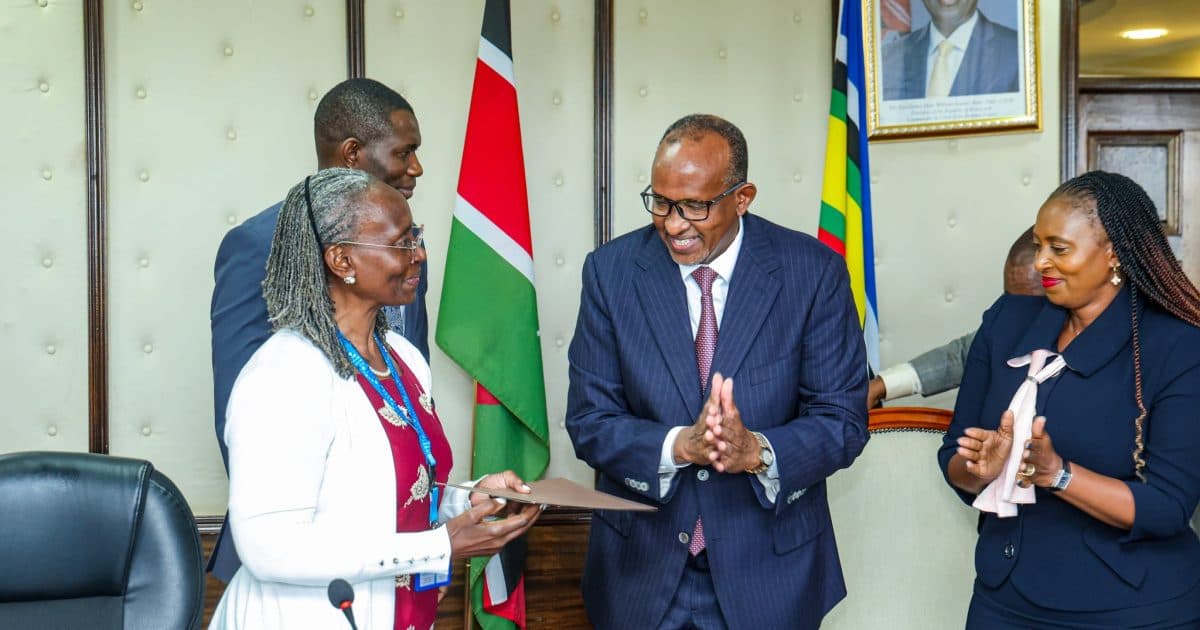We're loading the full news article for you. This includes the article content, images, author information, and related articles.
A parliamentary committee is scrutinising private hospitals after officials admitted performing organ transplants on foreign patients using defunct NHIF funds, with lawmakers demanding donor and recipient details amid concerns over ethical and legal compliance.

Eldoret, Kenya – The National Assembly’s Health Committee has launched an inquiry into leading private hospitals following revelations that dozens of foreign nationals underwent kidney transplants in Kenya using funds from the now-defunct National Hospital Insurance Fund (NHIF). The probe, centred on Mediheal Group of Hospitals and two other facilities, has raised alarm over the governance of medical tourism and the potential for organ trafficking.
Appearing before the committee in Eldoret, hospital officials admitted that 34 kidney transplant surgeries had been carried out on foreign patients, mostly from Somalia. They said donors were typically blood relatives identified through a kidney disease centre, a measure they insisted aligned with Kenyan law and ethical protocols.
While maintaining that the procedures were lawful, the hospitals acknowledged that some donors developed acute kidney injuries, while several recipients experienced post-surgical complications. They also confirmed that payments for the operations had been processed through the NHIF prior to its restructuring, but denied any criminal intent.
Committee members pressed the hospitals to disclose the names, nationalities, and contacts of all donors and recipients, warning that failure to provide transparency could deepen suspicion of organ trafficking networks.
“This is about protecting vulnerable people who might be exploited under the guise of medical procedures,” one MP said.
Kenya has in recent years emerged as a destination for patients from neighbouring countries seeking advanced medical care, including transplants. But the rapid growth of medical tourism has outpaced regulatory oversight, sparking concerns about exploitation of poor donors, weak monitoring of transplant centres, and loopholes in insurance payments.
Civil society groups argue that Kenya risks becoming a hub for unregulated organ trade unless clear safeguards are introduced. They have called for independent audits, transparent reporting, and stronger enforcement of ethical guidelines.
The Health Committee said its investigation will not only assess compliance with existing laws but also explore new guidelines to tighten oversight. Proposed measures could include:
Mandatory centralised donor–recipient registries.
Stricter vetting of foreign patients seeking transplants.
Clearer rules on how public insurance funds are applied to private hospitals.
Analysts warn that unless governance improves, Kenya’s medical reputation could suffer internationally, undermining legitimate transplant services that save lives.
The committee is expected to table recommendations in the coming months. Depending on the findings, the outcome could reshape Kenya’s transplant policy, strengthen accountability, and place hospitals performing organ surgeries under heightened scrutiny.
For donors and recipients, the case highlights the delicate balance between providing life-saving treatment and safeguarding against exploitation in a sector where the line between care and commerce is increasingly blurred.
Keep the conversation in one place—threads here stay linked to the story and in the forums.
Sign in to start a discussion
Start a conversation about this story and keep it linked here.
Other hot threads
E-sports and Gaming Community in Kenya
Active 9 months ago
The Role of Technology in Modern Agriculture (AgriTech)
Active 9 months ago
Popular Recreational Activities Across Counties
Active 9 months ago
Investing in Youth Sports Development Programs
Active 9 months ago